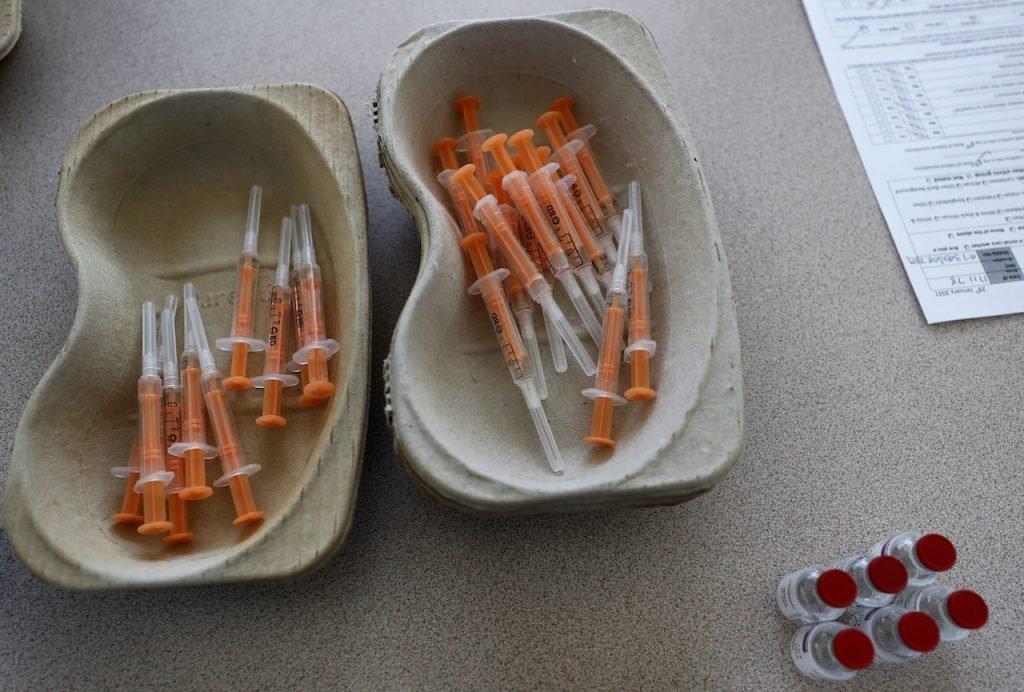Germany’s Merkel gets different second jab as countries study effects of mixing shots
Many experts now believe mixed dosing of Covid vaccines could be a good idea in the face of supply shortages and to improve protection.
Just In
German Chancellor Angela Merkel has received a dose of the Moderna Covid-19 vaccine as her second shot after having had Oxford-AstraZeneca as her first.
A government spokesman said the 66-year-old leader was vaccinated a few days ago after getting her dose of AstraZeneca in April.
Many experts now believe mixed dosing of Covid vaccines could be a good idea.
In March, Germany, along with other European countries, halted use of the AstraZeneca vaccine after a small number of blood clotting cases were reported.
Germany had previously restricted the use of the jab to over-60s but is now set to offer it to all adults, German broadcaster Deutsche Welle reports. After a slow start, Germany’s vaccination rollout has accelerated in recent weeks, and more than half of the country’s population has now received their first dose of a vaccine.
Some countries have been looking at mixing vaccines in the face of supply shortages and to improve protection, Reuters news agency reports.
One study on the mixing of different vaccines in the UK found that adults were more likely to report mild and moderate side effects after mixing doses of the AstraZeneca and Pfizer vaccines.
The Canadian provinces of Ontario and Quebec have both said they plan to mix vaccines in the near future, amid uncertainty over shipments of the Oxford-AstraZeneca jab and concerns about rare blood clots.
Experts believe mixed dosing of Covid vaccines may give broader, longer-lasting immunity against the virus and new variants of it, as well as offering more flexibility to vaccine rollout.
Studies are underway, but some countries are already allowing it within their national immunisation programmes.
A growing number of countries are looking at switching to different Covid vaccines for second doses amid supply delays and safety concerns that have slowed their vaccination campaigns.
Several medical studies to test the efficacy of switching Covid vaccines are underway, reports the Irish Independent.
China’s top disease control official said in April the country was “formally considering” mixing vaccine doses developed with different technologies to boost their efficacy.
France is recommending that people under 55 injected with AstraZeneca first, should receive a second dose with a so-called messenger RNA vaccine such as Pfizer, although dose-mixing has not yet been evaluated in trials.
South Korea said in May it would run a mix-and-match trial, mixing AstraZeneca doses with those developed by Pfizer and other drugmakers.
Spain will allow those under 60 who got an AstraZeneca shot first, to receive a second dose of Pfizer’s vaccine following preliminary results of a study which found that this combination was safe and highly effective.
Subscribe to our newsletter
To be updated with all the latest news and analyses daily.
